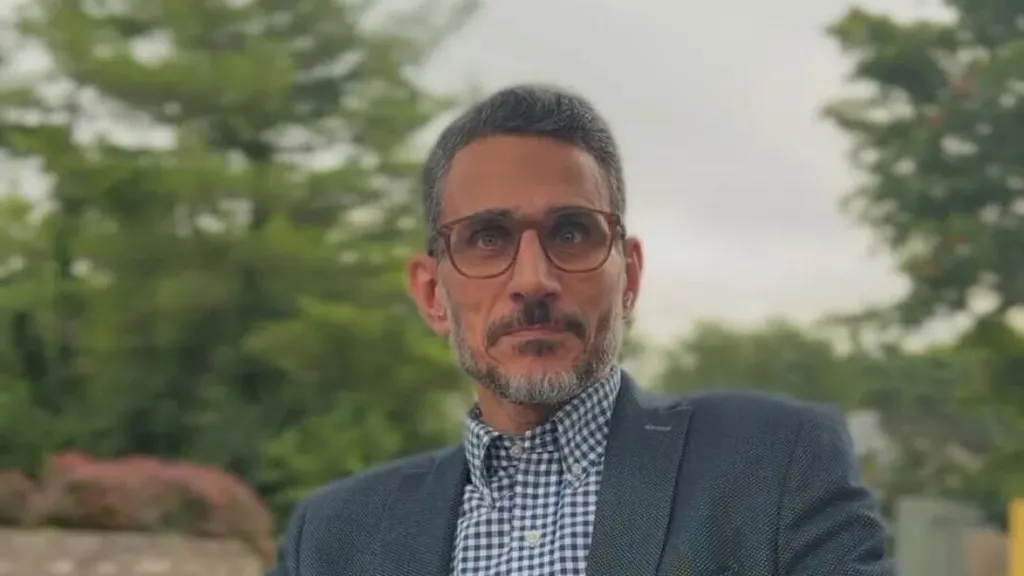CINCINNATI -- A judge has granted Ayman Soliman's request for a temporary restraining order, keeping the Cincinnati Children's chaplain in Ohio through his bond hearing on July 23.
Soliman was taken into ICE custody last week during a check-in at the agency's Blue Ash office. The detainment comes months after his asylum status, which he was granted in 2018, was revoked in December 2024.
His legal team has since provided more information on why Soliman's status was revoked years after he arrived in the U.S., noting an asylum officer labeled an organization Soliman was involved with in Egypt as a terrorist group despite both the U.S. and Egypt not designating the group as such.
Soliman's attorneys said he was previously a board member of the group Al-Jameya al Shareya, also written as Al-Gam'iyya al Shar'iyya, while in Egypt. That information, they said, was disclosed when he applied for asylum and was known to the government.
But his attorneys said an asylum officer labeled the group a Tier III terrorist organization last year, saying the group provided support to the Muslim Brotherhood, which they also labeled a Tier III terrorist organization.
While the U.S. says Hamas, a designated foreign terrorist organization, has roots in the Palestinian branch of the Muslim Brotherhood, and some of the leaders of the foreign terrorist organization HASM were previously associated with the Egyptian Muslim Brotherhood, the U.S. has not designated the Muslim Brotherhood as a foreign terrorist organization at this time.
"They made no decisions regarding the underlying persecution he suffered and was the basis for the grant of asylum, only that based on these new interpretations of the Asylum Officer he was not eligible for asylum," his attorney Robert Ratliff told us.
In the journal article "An Islamic Alternative in Egypt: The Muslim Brotherhood and Sadat," published in Arab Studies Quarterly, Egyptian sociologist Saad Eddin Ibrahim wrote that Al-Gam'iyya al Shar'iyya was formed in 1912 "to train preachers, to build mosques and to combat the intrusion of what (Sheikh Mahmoud Khattab El-Sobk) saw as bid'a (innovation, heresy) and khirafat (superstitions) into religious practice."
We spoke with another member of his legal team, Christina Jump of the Constitutional Law Center for Muslims in America, about Soliman's legal battles with the U.S. over a background check that had an FBI flag last week. In his lawsuit, Soliman claims his fingerprints did not match prints recorded in the government's terrorism screening database.
Soliman's attorneys argue there was no need to revoke his asylum status, and returning to Egypt will result in his death.
He will appear in Cleveland Immigration Court on July 22 for his initial court appearance. Then, his bond hearing will take place July 23 before a follow-up hearing regarding his temporary restraining order on July 24.
